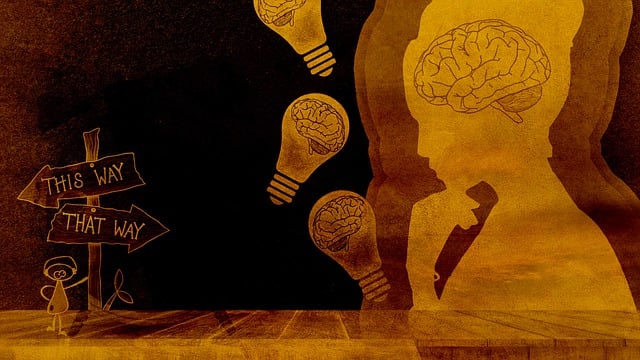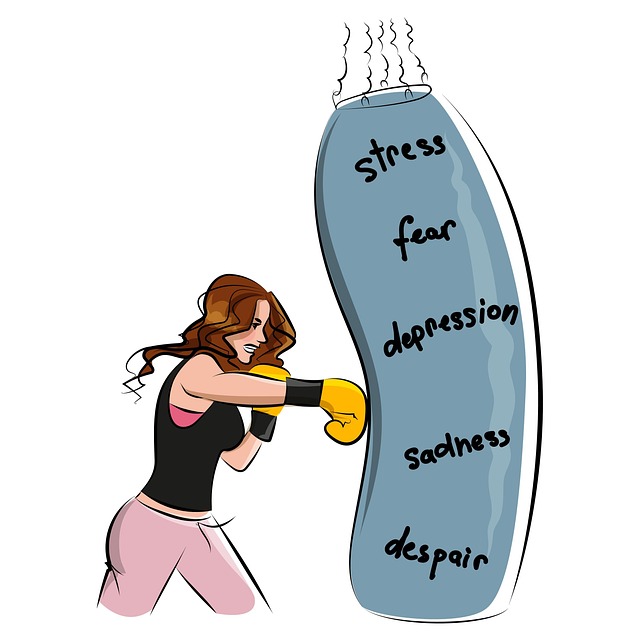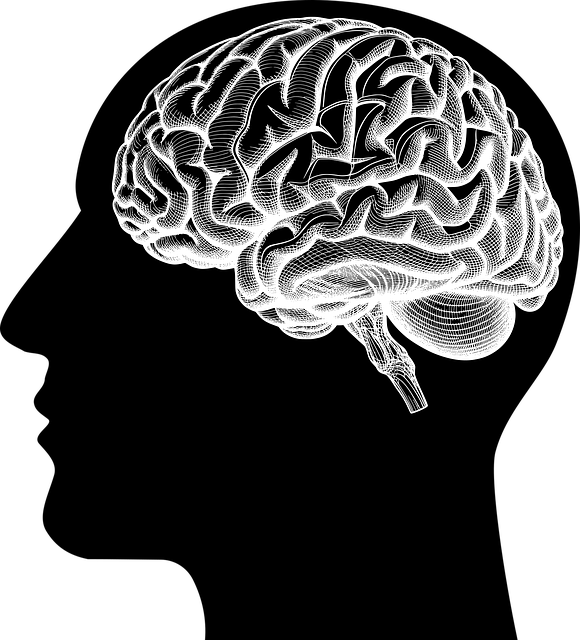Trauma significantly impacts children's mental health, leading to emotional and cognitive challenges. Early intervention through specialized therapy, such as CBT, is crucial. Promoting self-care routines and healthy coping mechanisms builds resilience. Community outreach programs provide safe spaces and peer support. Effective trauma therapy focuses on memory processing, stress management, and overall well-being. Positive thinking exercises, backed by CBT research, empower children with enhanced coping mechanisms and improved mental health awareness. Designing these exercises involves a blend of engagement and emotional intelligence development tailored to cognitive stages. Family implementation creates a safe space for emotional expression. Measuring success through structured evaluations, observations, and feedback ensures effective interventions and fosters accomplishment. Public awareness and healthcare provider training promote trauma-informed care.
“Unleashing resilience and fostering healthy mental development in children affected by trauma is a multifaceted journey, where positive thinking exercises play a pivotal role. This article delves into the transformative power of positive thinking as a therapeutic tool, offering guidance to parents and caregivers. From understanding trauma’s impact on young minds to designing engaging exercises, we explore effective strategies. Learn how these practices can be implemented at home, with practical tips for a supportive environment, ensuring every child’s healing journey is measured and celebrated.”
- Understanding the Impact of Trauma on Children's Mental Health
- The Power of Positive Thinking: A Therapeutic Approach
- Designing Effective Positive Thinking Exercises for Kids
- Implementing the Exercises: Tips for Parents and Caregivers
- Measuring Success and Tracking Progress in Children's Healing Journey
Understanding the Impact of Trauma on Children's Mental Health

Trauma can have profound and lasting effects on children’s mental health, shaping their emotional well-being and cognitive development. When a child experiences a traumatic event, such as abuse, neglect, or natural disasters, it disrupts their sense of security and normalcy. This disruption can lead to the development of anxiety disorders, depression, post-traumatic stress disorder (PTSD), and other mental health challenges. Understanding the impact of trauma is crucial in providing effective therapy for children who have experienced such events.
Early intervention through specialized therapy programs designed for children’s unique needs is essential. Therapies like cognitive-behavioural therapy (CBT) can help children process traumatic memories, develop healthy coping mechanisms, and build resilience. Additionally, promoting self-care routine development for better mental health becomes vital, offering tools such as mindfulness exercises and creative outlets to manage stress. Community outreach program implementation also plays a significant role in supporting traumatized children by providing safe spaces, peer support, and access to necessary resources, fostering a sense of belonging and restoration.
The Power of Positive Thinking: A Therapeutic Approach

The power of positive thinking is a therapeutic approach that has gained significant attention in recent years, especially within the realm of mental health advocacy. By cultivating an optimistic mindset, individuals—particularly children who have experienced trauma—can learn to reframe negative thoughts and emotions, fostering resilience and emotional well-being. This strategy is not merely a personal philosophy but a proven technique with roots in cognitive behavioral therapy (CBT), which has been backed by extensive research in mental health policy analysis and advocacy.
Positive thinking exercises can be transformative tools for self-care practices, enabling children to navigate challenging situations with enhanced coping mechanisms. Through consistent practice, these techniques encourage the brain to build new neural pathways, leading to improved mental health awareness and overall life satisfaction. By embracing positivity, individuals can break free from negative thought patterns, ultimately reshaping their perception of trauma and promoting a healthier, more balanced mindset.
Designing Effective Positive Thinking Exercises for Kids

Designing positive thinking exercises for kids requires a thoughtful approach to cater to their unique cognitive and emotional development stages. These activities should be engaging, interactive, and age-appropriate, focusing on helping children cultivate an optimistic mindset while fostering emotional intelligence. One effective strategy is incorporating storytelling or role-playing scenarios that encourage empathy and perspective-taking, enabling kids to understand and manage their emotions better.
For instance, games that simulate real-life challenges, like navigating a tricky conversation with a friend, can enhance coping skills development. These exercises should also promote self-awareness by teaching children to recognize their feelings and the triggers for negative thoughts. By combining creative techniques with evidence-based therapy for children trauma, such as cognitive behavioral therapy (CBT) principles, educators and parents can design powerful tools that not only boost confidence but also help in building resilience against adversity, preparing kids to face challenges with a positive mindset.
Implementing the Exercises: Tips for Parents and Caregivers

Implementing positive thinking exercises can be a powerful tool for parents and caregivers to support children who have experienced trauma. It’s essential to create a safe and supportive environment where kids feel comfortable expressing their thoughts and emotions. Start by making therapy for children trauma a family affair; involve everyone in understanding the importance of these practices. Choose activities that cater to different age groups and interests, ensuring they are fun and engaging rather than feeling like another ‘task.’
Incorporate these exercises into daily routines, such as mealtimes or bedtimes, to make them sustainable. Remember, building inner strength development and emotional regulation skills is a gradual process. Consistency and patience are key; celebrate small victories along the way. There are numerous trauma support services available that offer guidance tailored to families. These resources can provide valuable insights into effective strategies for implementing positive thinking practices, fostering a sense of security and resilience in children.
Measuring Success and Tracking Progress in Children's Healing Journey

Measuring success and tracking progress are vital components of a child’s healing journey after trauma. This process involves a multifaceted approach tailored to each individual’s unique experience. One effective method is establishing clear goals and milestones aligned with therapy objectives, such as those outlined in therapy for children trauma cases. These goals could range from improving emotional regulation skills to enhancing social interactions or developing coping mechanisms.
Regularly assessing progress through structured evaluations, observations, and parent/caregiver feedback ensures that interventions are effective and allows for timely adjustments. It also fosters a sense of accomplishment and motivates the child, providing tangible evidence of their resilience. Public awareness campaigns development and healthcare provider cultural competency training can further enhance this process by promoting understanding of trauma-informed care, which is essential in preventing burnout among healthcare providers while ensuring optimal patient outcomes.
Implementing positive thinking exercises as part of a holistic therapy approach for children who have experienced trauma can significantly enhance their mental health recovery. By incorporating these activities, parents and caregivers can empower kids to develop resilience, reframe negative thoughts, and cultivate a more optimistic outlook. With consistent practice, these exercises have the potential to transform a child’s life, offering them tools to navigate future challenges with increased emotional agility and strength.












